- Pine Cliff Resort
- Campgrounds & RV Parks
- Minnesota
- Kandiyohi County
- Campgrounds & RV Parks in New London
- Equestrian Campground
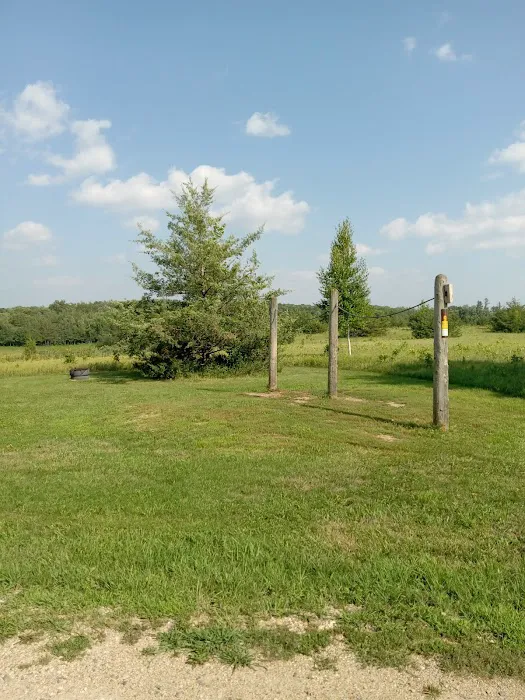

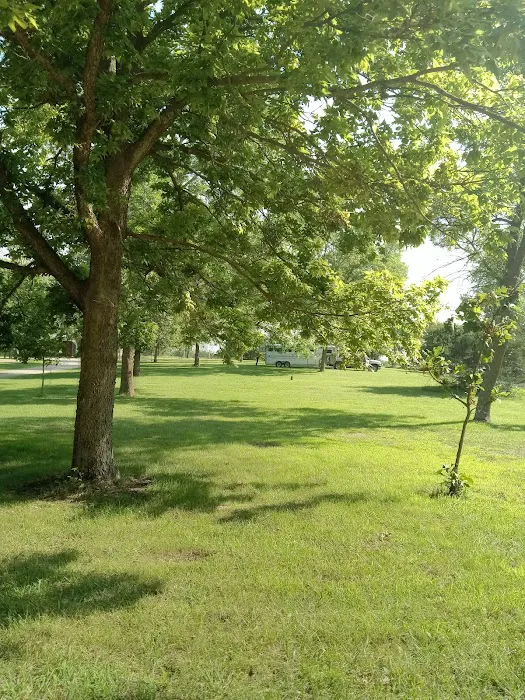
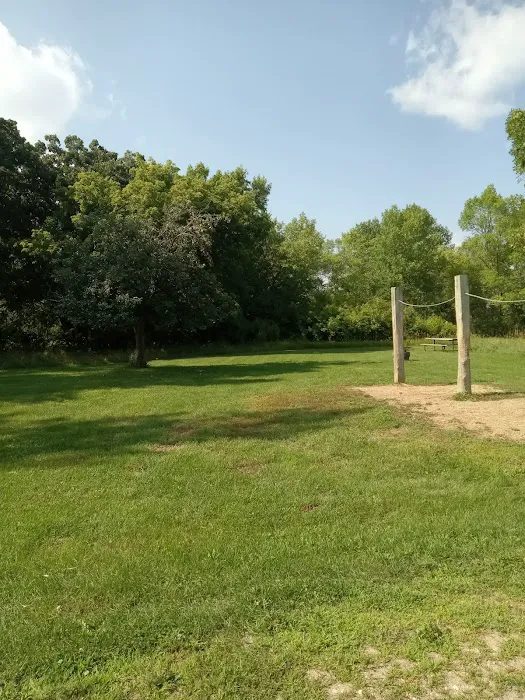
Equestrian Campground Introduce
Welcome to Equestrian Campground, a specialized and highly sought-after type of destination within the Campgrounds & RV Parks category, uniquely designed for campers who wish to bring their horses along for an immersive outdoor adventure. While "Equestrian Campground" refers to a category rather than a single location, the facilities and experiences offered are remarkably consistent across various state parks, national forests, and Bureau of Land Management (BLM) sites throughout North America. This introduction will provide a comprehensive overview of what local users can expect from a typical Equestrian Campground, focusing on its environment, services, features, and promotional aspects.
Equestrian Campgrounds are strategically located in diverse natural environments, often boasting direct access to extensive trail systems suitable for horseback riding. These locations can range from the high-altitude forests of the San Juan Mountains in Colorado, the serene woodlands of Florida State Parks, or the rugged desert landscapes of Joshua Tree National Park in California, to the expansive terrains of national forests like Dixie National Forest or the Big South Fork National River & Recreation Area. The common thread is a natural setting that offers ample space for both human and equine guests. Expect well-maintained, open areas, often with mature trees providing shade for both campsites and horse facilities. Proximity to natural water sources is crucial, not only for human consumption but also for watering horses. The design often integrates natural buffers like landforms and vegetation to separate equestrian sites from non-equestrian areas, ensuring a peaceful experience for all. These environments are rich in natural sounds and offer opportunities for wildlife viewing, from diverse bird species to larger mammals, enhancing the overall outdoor experience. The terrain surrounding these campgrounds is varied, ranging from gentle slopes to more challenging rugged paths, providing diverse riding experiences for equestrians of all skill levels. The emphasis is on preserving the natural integrity of the land while providing robust infrastructure for equestrian activities.
Equestrian Campgrounds provide specialized services that set them apart within the Campgrounds & RV Parks category. The most significant offerings revolve around accommodating horses. These typically include:
- Horse-Specific Facilities: Individual campsites or communal areas often feature corrals (metal or pole), hitching posts, and highlines for securing horses. Some may even have small lean-to shelters for feed and tack.
- Water Access: Potable water is available not only for campers but also with troughs or spigots designed for watering horses.
- Manure Management: Designated manure bunkers or pads are typically provided for horse waste disposal, ensuring cleanliness and hygiene within the campground.
- Campsite Amenities: For human campers, sites often include picnic tables, fire rings (with regulations on fire pits and firewood), and designated tent pads. Many equestrian sites are designed to accommodate RVs and horse trailers, with pull-through or back-in parking pads large enough for rigs up to 40-60 feet. Some offer electrical and water hookups, while others are more primitive, offering a true wilderness experience.
- Restroom Facilities: Access to vault toilets or more modern comfort stations with flush toilets and hot showers is common, though amenities can vary by specific location (e.g., some are entirely primitive).
- Information and Safety: Information on local trail systems, regulations, and safety guidelines for both riders and horses is usually available at the campground or nearby ranger stations. Emergency services may have designated access points.
- Booking and Fees: Reservations are often required, especially for popular sites, and can typically be made online through platforms like Recreation.gov or by phone. Fees may vary based on site type, amenities, and the number of horses. Some sites may have additional fees for extra vehicles or horses.
The defining features of Equestrian Campgrounds are intrinsically linked to horseback riding and outdoor exploration with horses.
- Extensive Trail Systems: Direct access to miles, sometimes hundreds of miles, of designated horseback riding trails is a primary feature. These trails often wind through diverse terrains, offering scenic views, challenging climbs, and leisurely rides through forests, alongside rivers, or across open plains. Many trails are multi-use, also accommodating hikers and mountain bikers, but specific equestrian-focused trails are a highlight.
- Accessibility: Campgrounds are designed with convenient driving access for vehicles towing horse trailers, often within a short distance of paved roads. Pull-through sites are often preferred for ease of maneuverability.
- Group Accommodations: Many Equestrian Campgrounds offer group sites, accommodating larger parties of campers and their horses, sometimes with communal eating areas, large barbecues, and amphitheater-style campfire rings.
- Natural Beauty and Wildlife: The trails and surrounding areas provide abundant opportunities for wildlife viewing, bird watching, and nature photography, enhancing the overall outdoor experience.
- Site Design: Camp units are thoughtfully designed to separate living areas from horse areas, often with slight slopes for drainage to prevent muddy conditions and ensure cleanliness. The placement considers morning sun for warmth and afternoon shade for relief during hot periods.
- Other Recreational Activities: While focused on equestrianism, many locations also offer opportunities for other activities such as fishing in nearby lakes or rivers, hiking (on non-equestrian trails or shared trails), and picnicking. Some larger facilities may even include amenities like arenas for training or informal riding activities.
Promotional efforts for Equestrian Campgrounds largely target the specific niche of horse owners and outdoor enthusiasts who seek to combine camping with horseback riding. Information is typically found through:
- Official Government Websites: Agencies like the National Park Service (NPS), Bureau of Land Management (BLM), U.S. Forest Service (USFS), and individual state park systems are primary sources. Their websites offer detailed maps, regulations, photos, and reservation links.
- Specialized Directories and Forums: Equestrian camping directories, horse trail riding forums, and outdoor recreation websites often feature these campgrounds, with reviews and tips from fellow equestrians.
- Social Media: Platforms are used to share stunning photos of trails and facilities, announce seasonal openings, highlight events, and engage with the equestrian community.
- Outdoor and Equestrian Publications: Advertisements or features in horse-riding magazines and outdoor recreation journals can reach a targeted audience.
- Word-of-Mouth: Positive experiences shared within the close-knit equestrian community are a powerful form of promotion.
Details
Accessibility
- Wheelchair accessible parking lot
Amenities
- Restroom
Children
- Good for kids
Parking
- On-site parking
Location
MinnesotaKandiyohi CountyNew London
Customer Reviews
This is a smaller horse camp/day use area but lools very nice. There are about 10 campsites for horses and most of the are semishaded. Being on top of a hill th outer sites to the west have good views of the lake and valleys below. There isn't a ton of horse trails in the park.
More Places to Explore Nearby
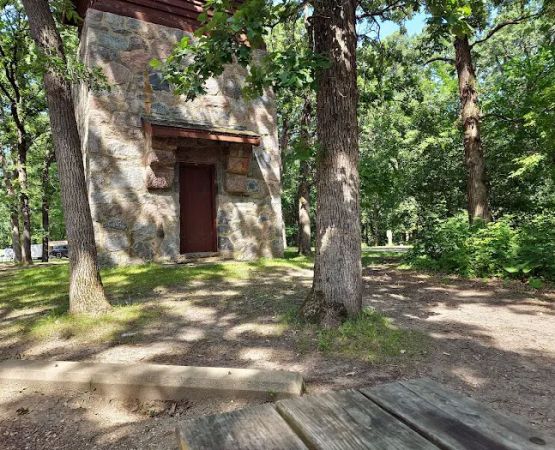
Lakeview Campground
Lakeview Campground, New London, MN 56273, USA
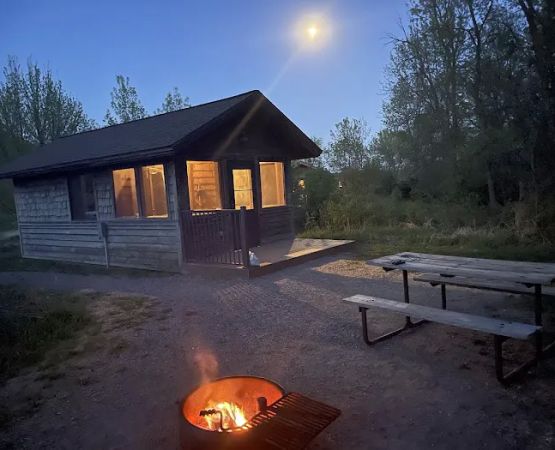
Oak Ridge Campground
New London, MN 56273, USA
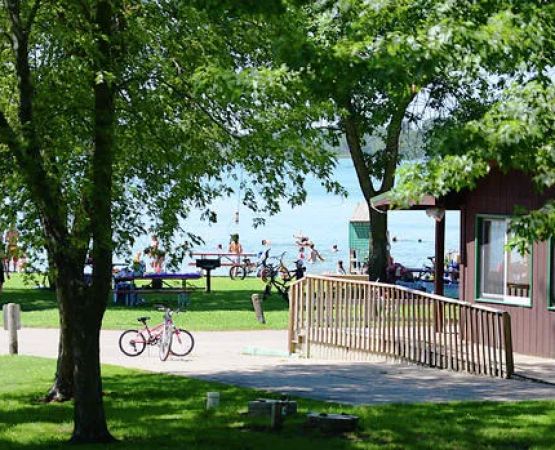
Games Lake County Park
20944 County Rd 5 NW, New London, MN 56273, USA

Hide-Away Campground
11890 199th Ave NE, New London, MN 56273, USA
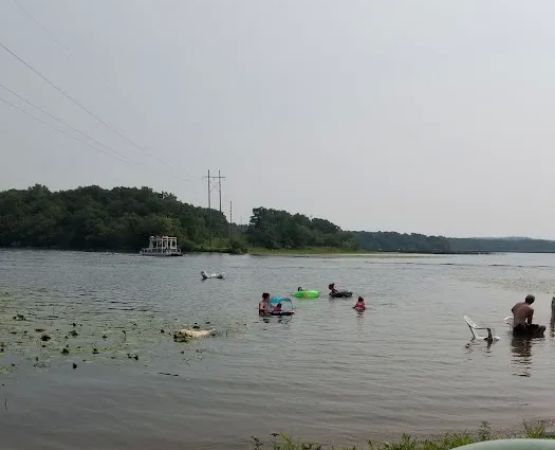
Old Wagon Camp Ground
21611 132nd St NE, Hawick, MN 56273, USA
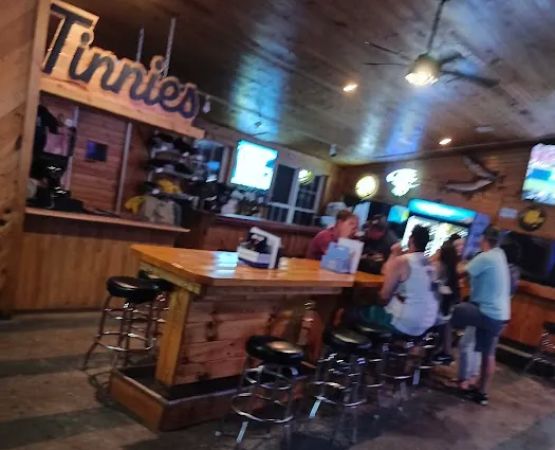
Tinnies Tavern at Pappelbusch Campground
24114 Deerbrook Rd, Eden Valley, MN 55329, USA
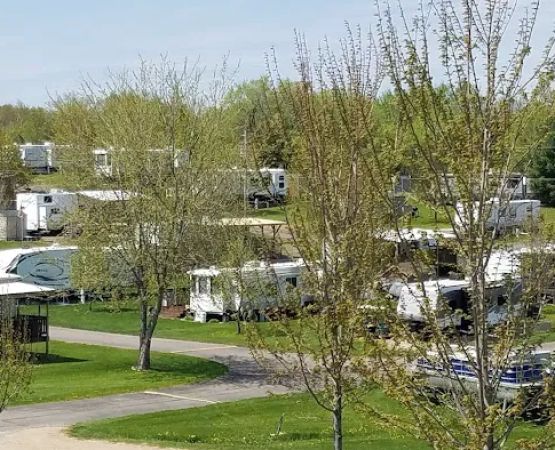
Morning Star Resort Campground
22954 Green Acres Dr, Richmond, MN 56368, USA

Hidden Acres RV Park Bar & Restaurant on Big Lake
22358 Elbow Dr, Richmond, MN 56368, USA
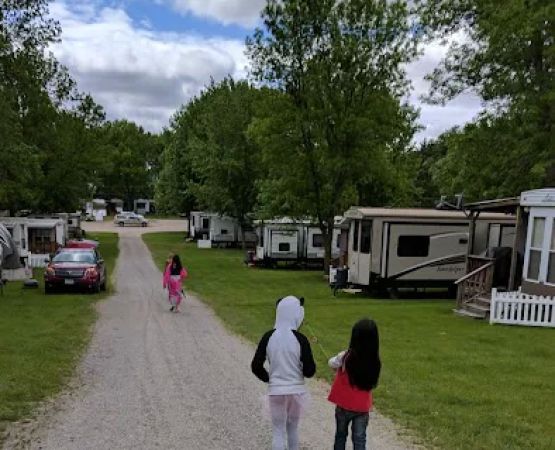
Your Haven Campground
18337 MN-22, Richmond, MN 56368, USA
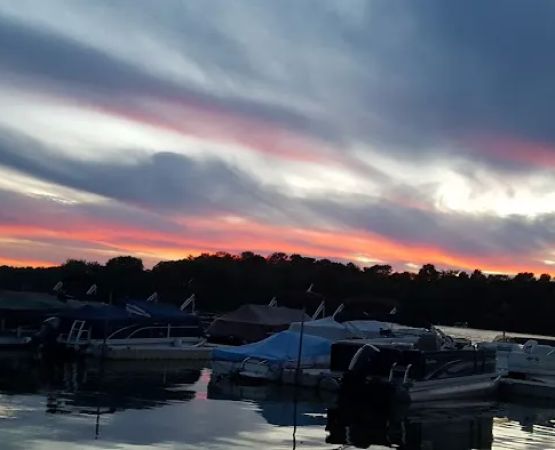
Cozy Corners Campground
19897 MN-22, Richmond, MN 56368, USA
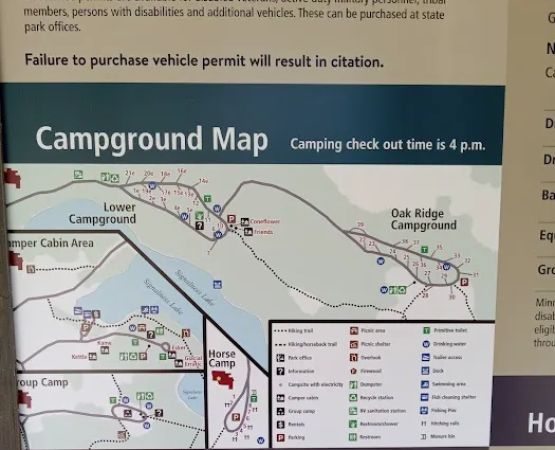
Horse Camp
GFMH+JF, Starbuck, MN 56381, USA
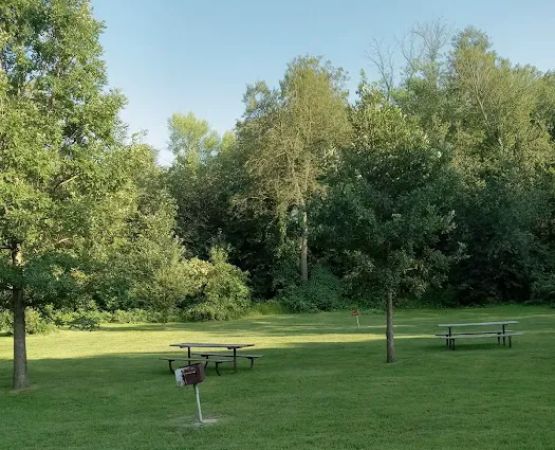
Group Campground
GFPH+WC, Starbuck, MN 56381, USA
Categories
Popular Campgrounds & RV Parks
 Camp Kidd Park4.0 (29 reviews)
Camp Kidd Park4.0 (29 reviews)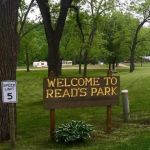 Reads Park0.0 (0 reviews)
Reads Park0.0 (0 reviews)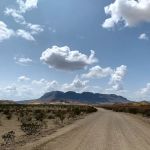 Savvy Retreats | Big Bend | Texas0.0 (0 reviews)
Savvy Retreats | Big Bend | Texas0.0 (0 reviews)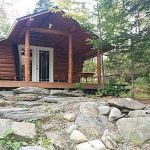 Long Pond Camp & Guide Services4.0 (35 reviews)
Long Pond Camp & Guide Services4.0 (35 reviews)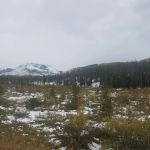 East Fork Scout Camp5.0 (5 reviews)
East Fork Scout Camp5.0 (5 reviews)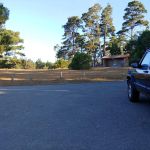 Gerstle Campground4.0 (84 reviews)
Gerstle Campground4.0 (84 reviews)Must-Read Camping & Outdoor Blog Posts
Most Searched Japanese Restaurant Sites
Trending Camping & Outdoor Blog Posts
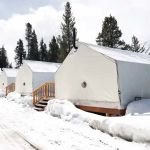 Winter Glamping Retreats in the U.S. You Didn’t Know About
Winter Glamping Retreats in the U.S. You Didn’t Know About Best Family-Friendly Campgrounds with Playgrounds and Kids’ Activities
Best Family-Friendly Campgrounds with Playgrounds and Kids’ Activities Top Family-Friendly Resorts Near Outdoor Adventure Destinations
Top Family-Friendly Resorts Near Outdoor Adventure Destinations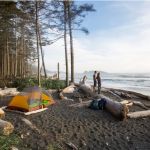 Top-Rated Campgrounds for Exploring National Forests
Top-Rated Campgrounds for Exploring National Forests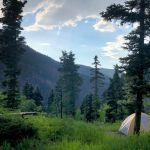 Top-Rated Camping Spots Near Scenic Trails: Explore the Best Outdoor Getaways
Top-Rated Camping Spots Near Scenic Trails: Explore the Best Outdoor Getaways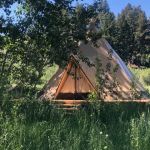 Affordable Luxury Camping Experiences at Top Resorts
Affordable Luxury Camping Experiences at Top Resorts 